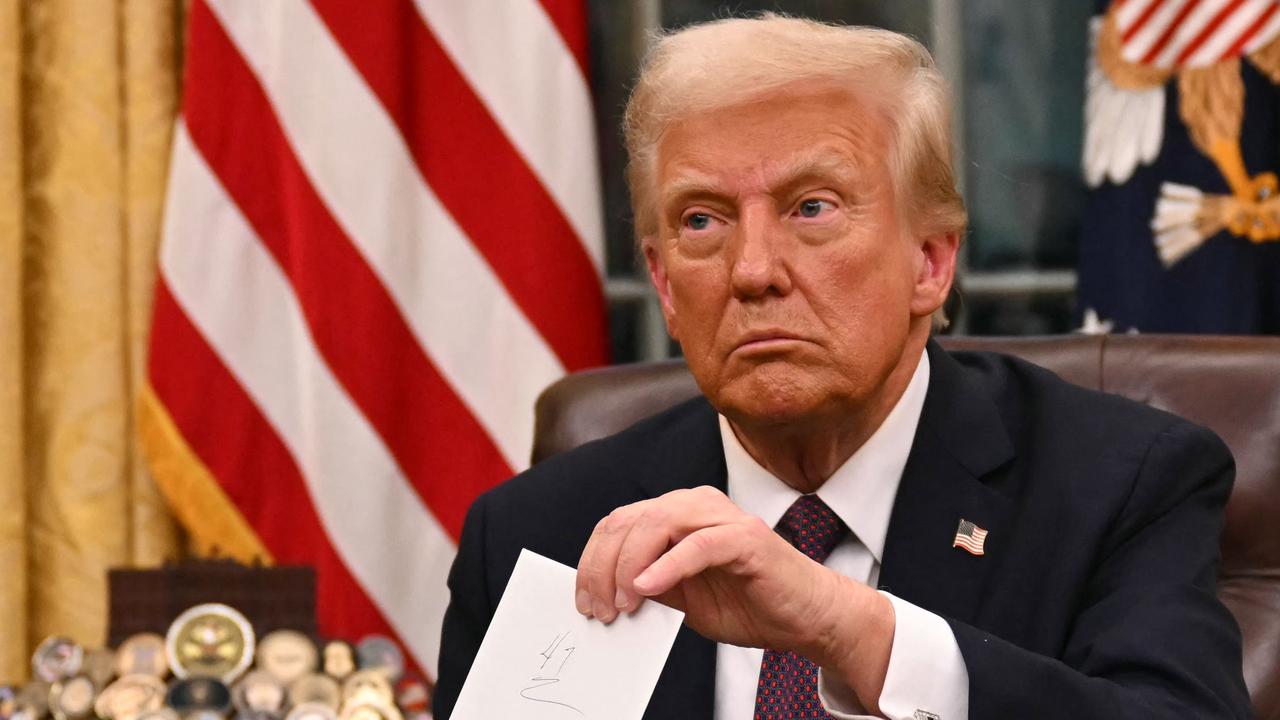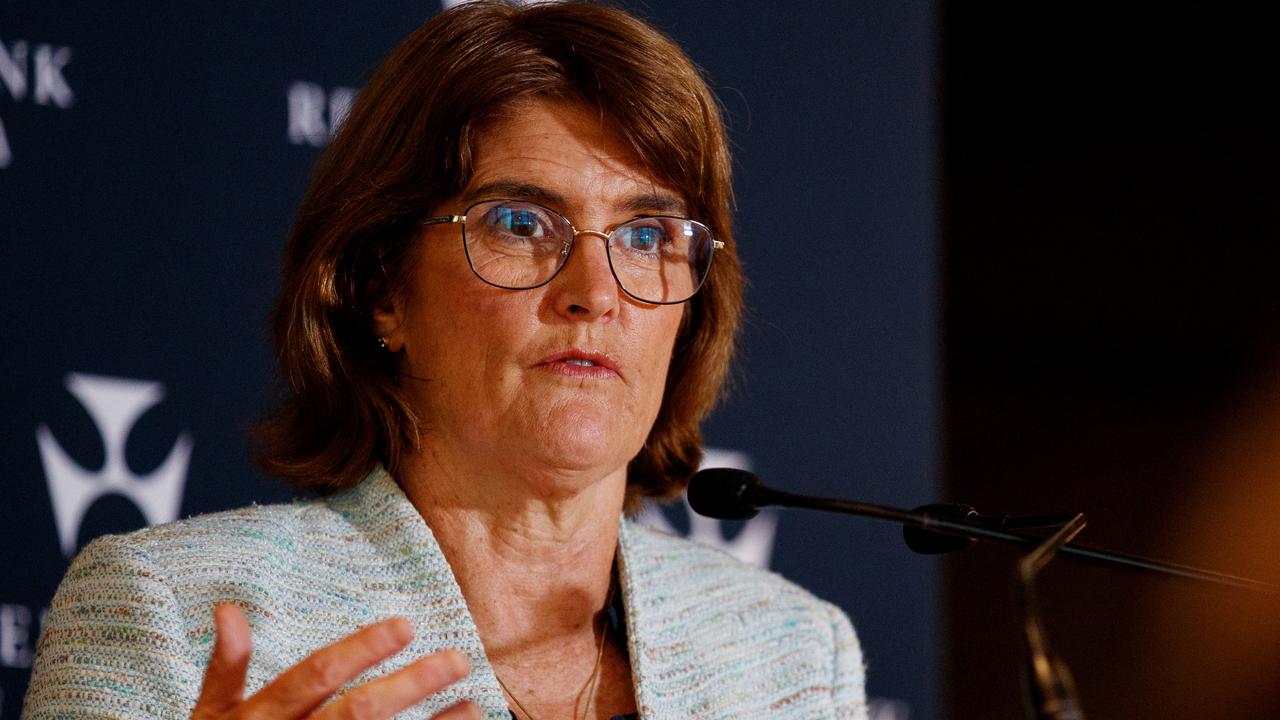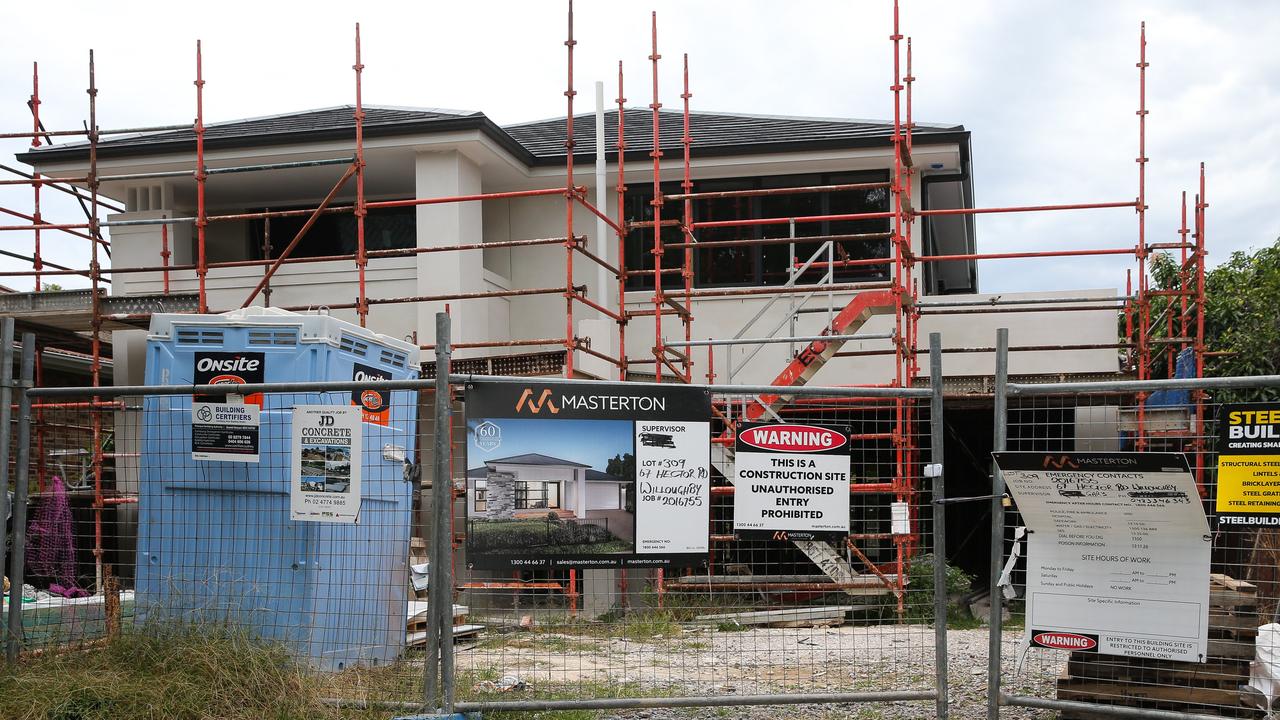Reserve Bank increases its official cash rate to 4pc
HOME loans to cost more as RBA hikes cash rate to 4 per cent.
HOMEOWNERS will pay more on their mortgages after the Reserve Bank increased its cash rate for the first time this year.
The official cash rate was increased from 3.75 per cent to 4 per cent today.
The hike in the official rate will add about $50 a month to a $300,000, 25-year home, according to research company Canstar Cannex.
The Commonwealth Bank was the first to raise its rate, hiking its standard variable home loan interest rate by 25 basis points to 6.86 per cent - in line with the Reserve Bank's hike.
ANZ also followed the RBA, lifting interest rates by 25 basis ponts to 6.91 per cent.
St George Bank, a subsidiary of Westpac, will raise the interest rate on its standard variable home loans by 25 basis points.
NAB and Westpac all said their standard variable home loan rates were under review.
Increasing interest rates were the unavoidable consequence of the Australian economy recovering, Treasurer Wayne Swan said.
The Treasurer said Mr Stevens had commented that the finances of the country were in "terrific shape and that stimulus had worked a treat".
"The fact is Australia would be in recession if it weren't for the stimulus that was put in place by this Government."
Mr Swan said the Government's stimulus measures had made the economy the envy of the world and resulted in good outcomes.
He warned banks not raise their rates above the official cash rate increase.
"There is absolutely no justification whatsoever for any increase over and above the official cash rate increase,'' he said.
Westpac came under fire in December for raising its standard variable rate by 45 basis points, 20 basis points higher than the RBA's hike that month.
CBA raised its SVR by 37 basis points, ANZ lifted its SVR by 35 basis points, and NAB raised its SVR by 25 basis points.
World economy is recovering
In his Monetary Policy Decision statement, Reserve Bank Governor Glenn Stevens said that the world economy was growing once again and Australia had recovered from last year's downturn.
"The global economy is growing, and world (Gross Domestic Product) is expected to rise at close to trend pace in 2010 and 2011," Mr Stevens said.
"The expansion is still hesitant in the major countries, due to the continuing legacy of the financial crisis, resulting in ongoing excess capacity.
"In Asia, where financial sectors are not impaired, growth has continued to be quite strong."
He added: "In Australia, economic conditions in 2009 were stronger than expected, after a mild downturn a year ago."
"The rate of unemployment appears to have peaked at a much lower level than earlier expected."
He said there had also been signs of easing price pressures on the Australian economy.
"Inflation has, as expected, declined in underlying terms from its peak in 2008, helped by the fall in commodity prices at the end of 2008, a noticeable slowing in private-sector labour costs during 2009, the rise in the exchange rate and the earlier period of slower growth in demand," he said.
More rises to come
Mr Stevens ended the statement by indicating that the Reserve Bank would continue to raise its official cash rate this year.
"With the risk of serious economic contraction in Australia having passed, the Board moved late last year to lessen the degree of monetary stimulus that had been put in place when the outlook appeared to be much weaker," he said.
"Lenders generally raised rates a little more than the cash rate and most loan rates rose by close to a percentage point.
"Interest rates to most borrowers nonetheless remain lower than average. The Board judges that with growth likely to be close to trend and inflation close to target over the coming year, it is appropriate for interest rates to be closer to average.
"Today’s decision is a further step in that process."
This morning the Australian Bureau of Statistics issued positive retail data which found that consumers had gone on a record $20.1 billion spending spree in January.
However this positive retail data was offset by other data showing a fall in building approvals in January.
More Coverage
The Reserve Bank continues to be one of the few central banks in the world that is tightening monetary policy and it is likely to do so several more times this year.
In late February, Mr Stevens told a Government economics committee that he expected to raise the cash rate between two and four more times in 2010.
- With AAP




